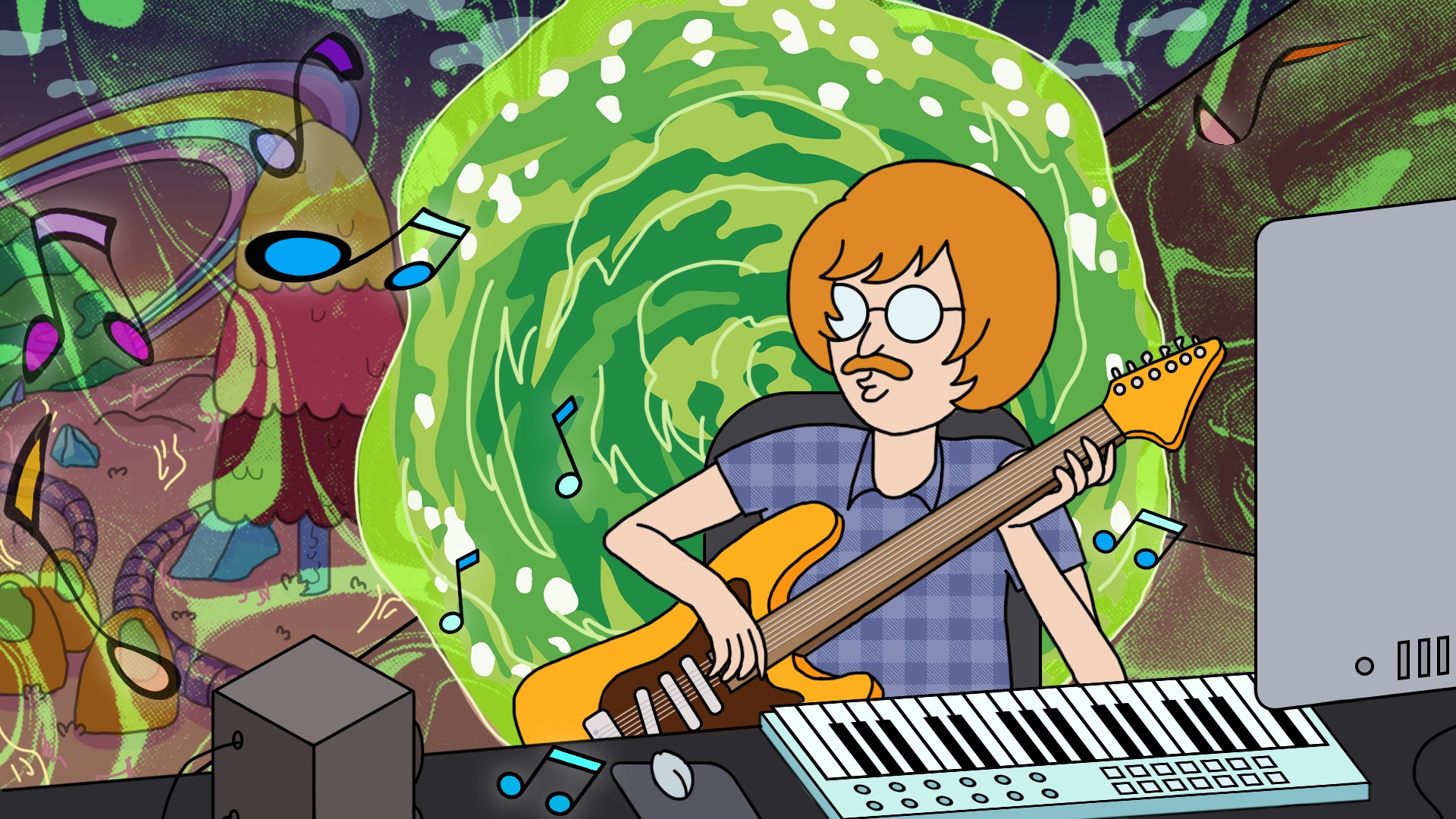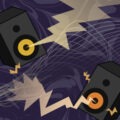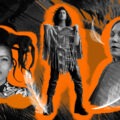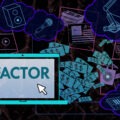Francis Hooper is a musician, audio engineer, and the production editor on one of the most popular animated TV shows of our time: Rick and Morty. He’s built a career out of fusing his passion for both sound and video, and is always looking for inventive new ways to bring his skills together.
On top of his current job, Francis composes indie film scores and releases music with his synth-pop duo Doohickey Cubicle, a DIY project he records, produces, mixes, masters, and creates live visuals for out of his home studio in Vancouver.
He took the time to chat with RAC about forming connections across the entertainment industry, navigating the Canadian grant system as an indie artist, and how a background in audio can open the door to TV and film.
RAC: Take us back to the beginning – have audio and video always been passions of yours? Did you study in those areas?
Francis: I studied professional recording arts at The Art Institute of Vancouver. I went right after high school, and was really excited about the whole studio world. My dad was a big Beatles guy and there were musicians on my mom’s side of the family. One of them was in a Québecois band named Okoumé, and I was really lucky to go into the studio and see them record. I think that sparked a lot of ideas.
My background in video started with filming little skateboard videos with friends and editing them on VCRs. Johnny Knoxville’s Jackass was the beginning of it all, I think we were trying to make watered-down versions of that.
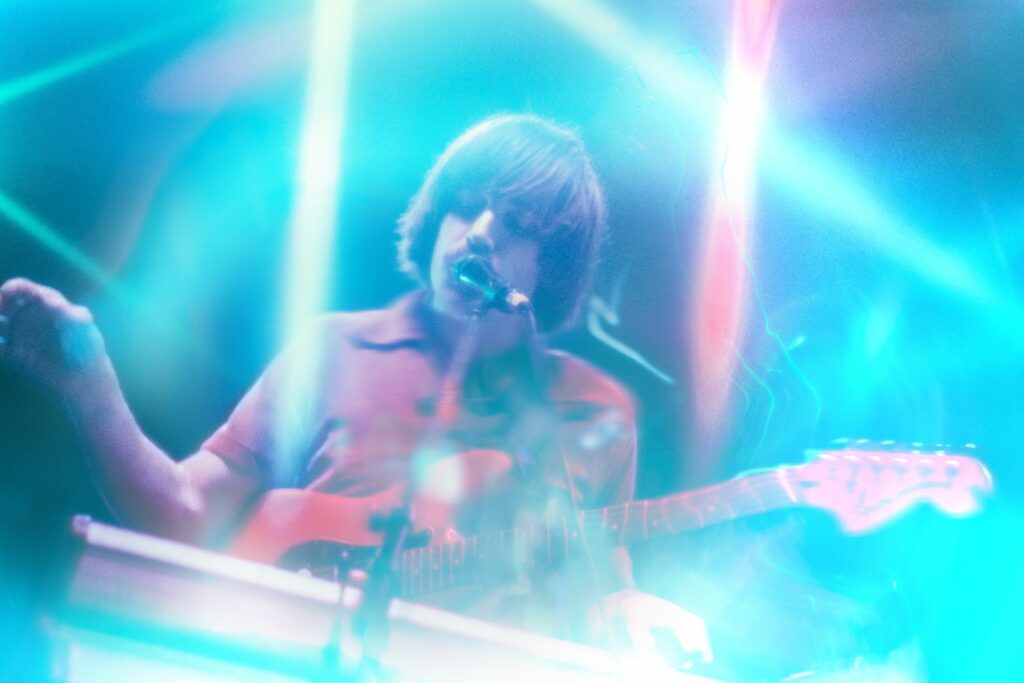
RAC: How did you start landing gigs after graduating? Any first steps to recommend to inexperienced students and freelancers trying to break into the entertainment industry?
Francis: I remember a lot of teachers reinforcing that you need to make connections – job openings aren’t guaranteed after graduation. I think I had that on my mind going through school, so I was taking on every project and following any opportunities I could find.
There was one extracurricular project led by a film teacher. I worked with him and then he asked me to work on Cuisinart cooking videos during a school break. His wife was working at the Vancouver animation studio Bardel Entertainment, and she was looking for an in-house sound person. That’s how I got my first real sound job, basically by saying yes to as much as I could while making sure I was doing so in a sustainable way, because in school you can basically put in endless hours. There needs to be a healthy balance. My first recommendation would be to find that balance, then to maximize the amount of time you can put in, and try to make contacts.
RAC: We need to know how working on Rick and Morty came together! Can you share how your career led up to that?
Francis: For my first few years at Bardel I was doing sound and music, working on a variety of projects, like a Discovery Kids show and some iPhone games. Then that division lost a bit of funding, and our studio went back into working on animated television shows. The first production that came in was Bob’s Burgers season 1. I did the audio editing while sharing a room with a video editor. When that person left, since we’d been working closely for a while, I was asked if I was interested in taking over video editing.
From there, I transitioned over to the video side, and was super lucky to work on Ninja Turtles for five years. Then we did the pilot episode for a new project called Rick and Morty. That was really fun, it was the first time I’d seen animation for adults. I worked on the pilot, and when a full-time position eventually opened up, I jumped on it. I had been asking to be put on the project since season 1, and the schedules finally worked out. I did Rick and Morty season 5 and now I’m currently working on season 6.
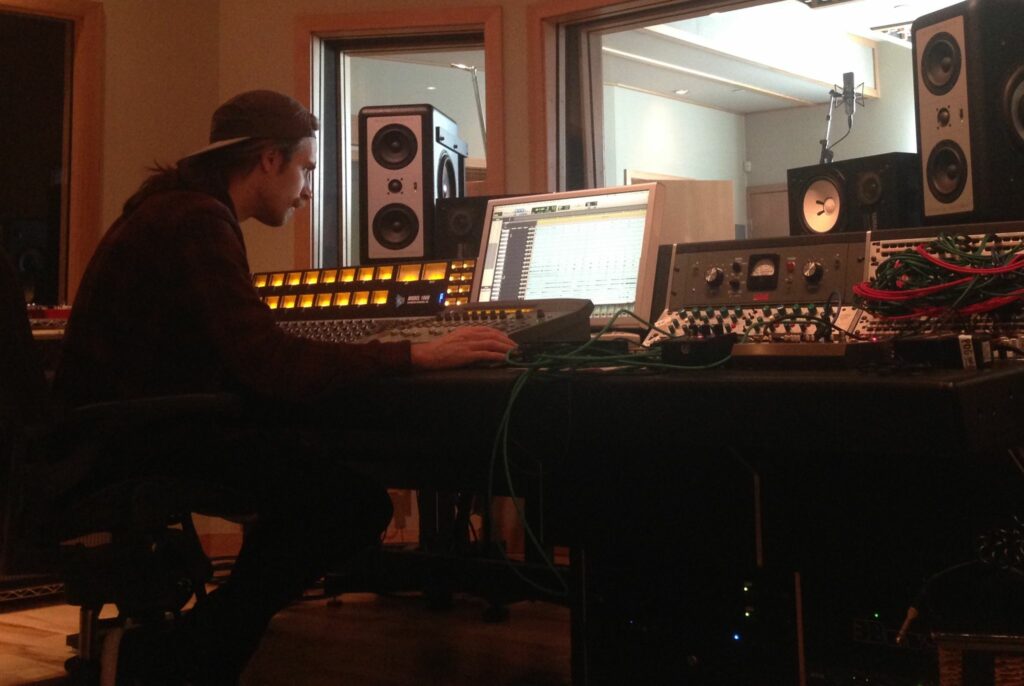
RAC: You also play in synth-pop duo Doohickey Cubicle! Do you record and produce at your home studio the Juniper Room in Vancouver?
Francis: Doohickey Cubicle is my project with my partner Alli. We’re the two steerers of the ship but we collaborated with a bunch of musicians on our latest album. We outsourced some parts, but mostly recorded in our studio, mixing and even mastering everything here this time.
Mastering is a great stage to get feedback on a mix, so if you do it yourself you’re kind of depriving yourself of another set of ears. But sometimes you don’t have the means to hire other people, so it’s fun to be able to do it all yourself and be more hands-on.
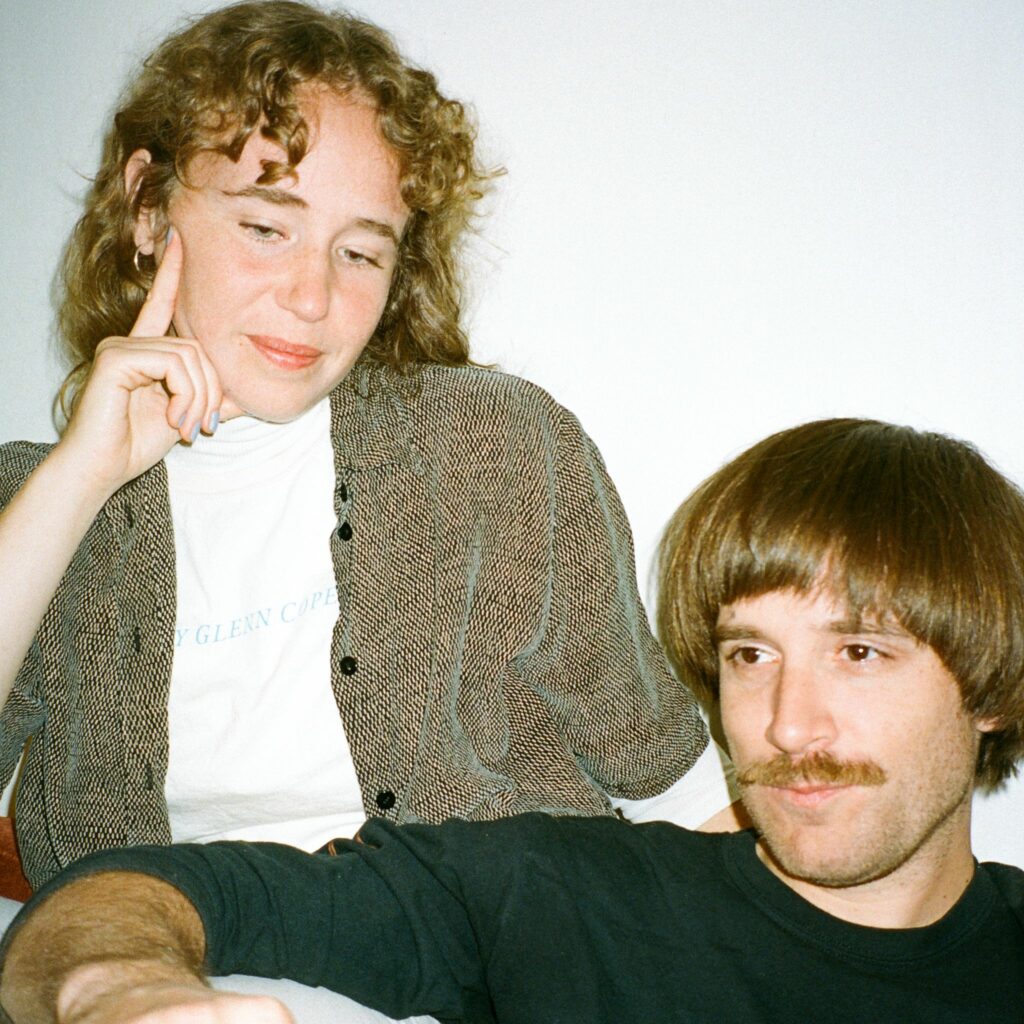
RAC: What are your favourite production tools (DAW of choice, plugins you can’t live without, stand-out studio equipment)?
Francis: My DAW is mainly Pro Tools and sometimes Logic. We usually mix everything in Pro Tools.
One of the main things I like to have in terms of gear is a nice stereo signal chain to record vocals. The rest is a 24-channel mixing board. I have everything plugged in and maximized with expanders to make it really clean, so that whenever we’re jamming we can record right away – there isn’t an additional step. Then the Trackspacer plugin is always a good way to create room in a mix, especially in synth-pop.
I have two Avalon tube mic preamps that help create that tube sound and push those harmonics by overdriving the preamp. I also like to run things through a tape machine to create that kind of mid-range EQ. Other than that, my plugins are mainly Waves, Ozone, and FabFilter.
RAC: Doohickey Cubicle has had quite a bit of success on streaming platforms and you’ve toured across Canada, the U.S. and Europe. Any tips for indie artists learning to navigate all that as well as the Canadian grant system?
Francis: We were fortunate enough for the last record to receive FACTOR’s Artist Development grant, which is smaller, but that $2,000 went a long way. We hired a PR team and got a local artist we love to make the album art. I recommend anyone getting into music production and releasing music to check out that grant.
If you’re at the point where you’re looking at something like FACTOR’s Juried Sound Recording grant, it might be helpful to work with a team. It’s such a large amount of work, even the application itself can be time-consuming.
Then there are provincial grants. We keep tabs and try working on applications early, because everything always snowballs. The systems get slow, and it takes time to build a team for your marketing plan and reach out to get letters of support. So start early.
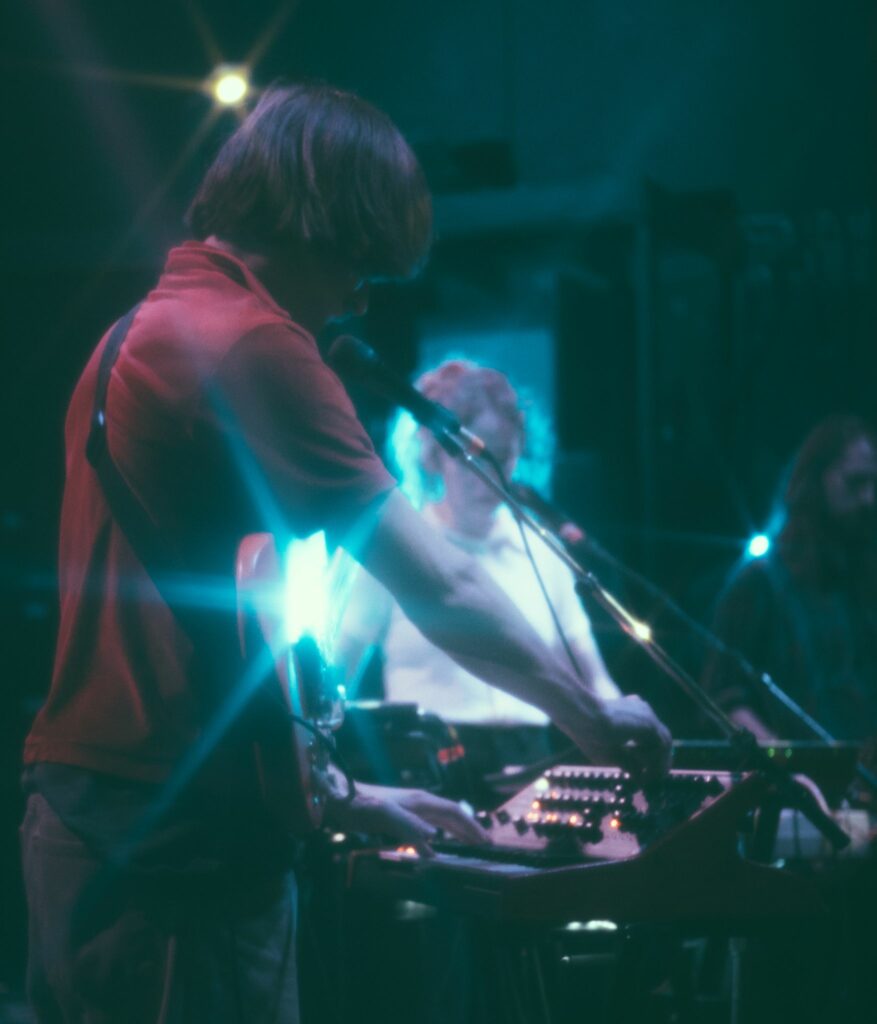
RAC: What else have you worked on as an audio engineer?
Francis: We’ve done a live video series at the Juniper Room for quite a few local and touring bands. Artists come into our space and we get a little budget together to film a live off-the-floor video with three cameras, sometimes with a small audience, sometimes without. From mixing to setting up the live sound, it’s a fun way to record and also have a video project to edit.
RAC: How can TV and film work intersect with a music career?
Francis: One direct way is movie and TV sync deals. If you have the chance to meet a music supervisor in your city, grab it.
Any film project is so dependent on sound. You can sell the quality of the story with clear, clean, balanced, and emotive audio. Sound is magic because you can edit things and fix problems you might not be able to fix visually thanks to the nature of sound and the tools available.
RAC: Have your audio skills led you to any unexpected work?
Francis: Cutting music videos or making visuals for live shows are interesting options for sound engineer or musician students who are interested in video. Being able to visualize beats while editing so that you’re cutting with rhythm is really valuable. That’s a good use of skills musicians might not think of. Having a sound background can really help with creating visuals.
RAC: Is there a lesson you learned in school that’s helped you in your career?
Francis: Troubleshooting comes to mind because it can apply to so many scenarios. From an audio perspective, I learned to start from the source, and procedurally trace back to where the problem started. Don’t just dive into one part without thinking of the whole chain. Make sure to be efficient and go through all the options to find the source of the issue.
—Final notes—
According to Francis, it’s important for students to seek out new opportunities, without feeling pressured to say yes to everything. “You have to make sure you find the projects that give you the right return on investment. Maybe it’s not monetarily sustainable for now, maybe you have another job that can at least keep you afloat, but you’re picking what seem to be the right projects for you,” he says.
He adds that school is a great place to start building connections. “I ended up working with a lot of people I went to school with. Meet people from outside your classes too and try to create a relationship that might last after school,” Francis recommends. You never know what jobs those collaborations could lead to in the future or who you might meet through them!
Written by Maryse Bernard
Illustration by Yihong Guo
